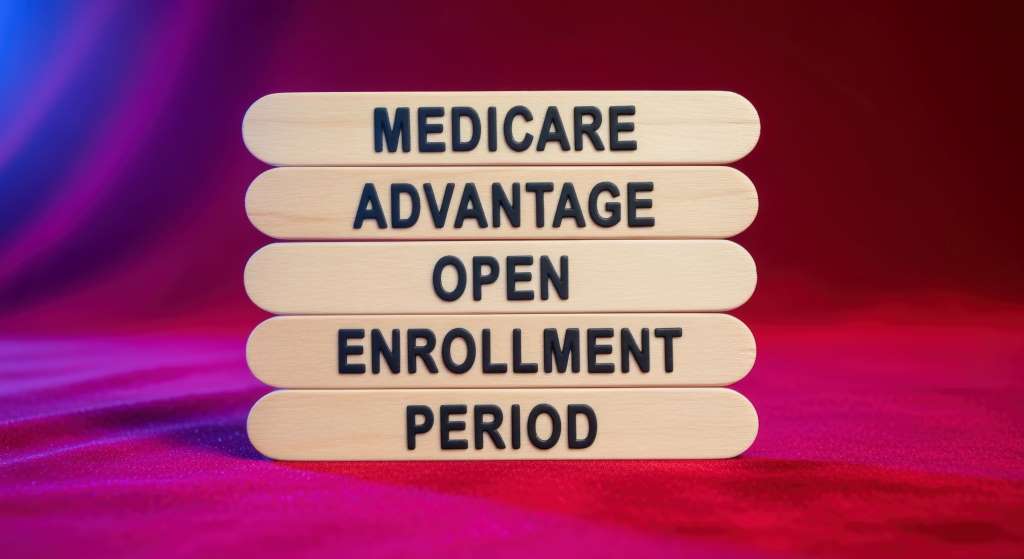For most of us, the thought of retirement is something that comes to mind as we get closer to milestone dates, such as your 65th birthday or the date you reach full retirement age to collect social security benefits without a penalty, or even age 70.
In addition to thinking about it, you should also take some action. Here are five things you should start to think about and do as you approach retirement, no matter what age you wish to retire.
Create a Retirement Budget
Once you have determined your retirement income needs, you should create a retirement budget that outlines your expected expenses in retirement. This will help you manage your retirement income and ensure that you have sufficient funds to cover your expenses. Your retirement budget should include essential expenses, such as housing, food, and healthcare, and discretionary expenses, such as travel and entertainment. Your expenses in retirement are likely to change over time. So, when looking at your retirement budget, don’t try to forecast every single cost you’ll have over the entire time you expect to be retired. Instead, try to budget for a shorter period, allowing changes to be made in future years.
Determine Your Retirement Income Needs
The next step in retirement planning is determining how much income you will need to support your budget while maintaining your standard of living in retirement. Income can include social security, pension (if you are lucky enough to receive one), part-time earnings from a job, and distributions from retirement and brokerage accounts. Do not rely on rules of thumb such as only needing 80% of your pre-retirement income. Those rules of thumb do not work anymore, especially as people retire at younger ages and intend to be more active.
Maximize Your Retirement Contributions
Maximizing your retirement contributions is one of the most effective ways to save for retirement. Try to save as much as possible, even if you are only a few years from retirement. It may not seem like it will make a difference, given your shorter time frame, but it certainly will. Recent changes to retirement plan contributions will allow people aged 60 and older to contribute even more to their retirement plans. This is in addition to the age 50 and older additional contributions already in effect. The new laws also encourage and sometimes require these contributions to be made to Roth retirement plans, which do not provide current tax benefits but do provide tax-free distributions from those accounts in retirement.
Plan for Long-Term Care
As you age, there is a higher likelihood that you may require long-term care, which can be costly. While preferable to plan for this expense at an earlier age, you should still prepare for the possibility as you approach retirement. Long-term care insurance is an effective way to mitigate some of the costs associated with paying for care. Often, the insurance is offered through a group policy via your employer, so looking into it before retirement may provide opportunities you may not have once retired. Policies purchased privately, not through work, may offer better benefits, so comparing both makes sense.
Review Your Estate Plan
You might wonder, what does your estate plan have to do with retirement? After all, doesn’t that only kick in once I am dead? Certainly, portions of your estate plan only come into play after you die, but a good estate plan also considers what happens to assets if someone is sick or disabled and unable to manage their affairs. Who should make medical decisions on your behalf if you cannot also is part of a good estate plan. Not naming someone for these things could result in significant costs and less money for your spouse or heirs. For married couples, the likelihood that one spouse will die before the other is almost certain. If so, then a poorly drafted estate plan or no estate plan at all may adversely affect the surviving spouse. Most married couples would not want this to occur. Proper estate planning can help resolve those concerns as well.
In conclusion, retirement planning is essential to ensure that you can enjoy your retirement years without financial stress, especially as you approach the actual date. By considering these key factors, you can create a retirement plan that aligns with your financial goals and helps you worry less once retired.



